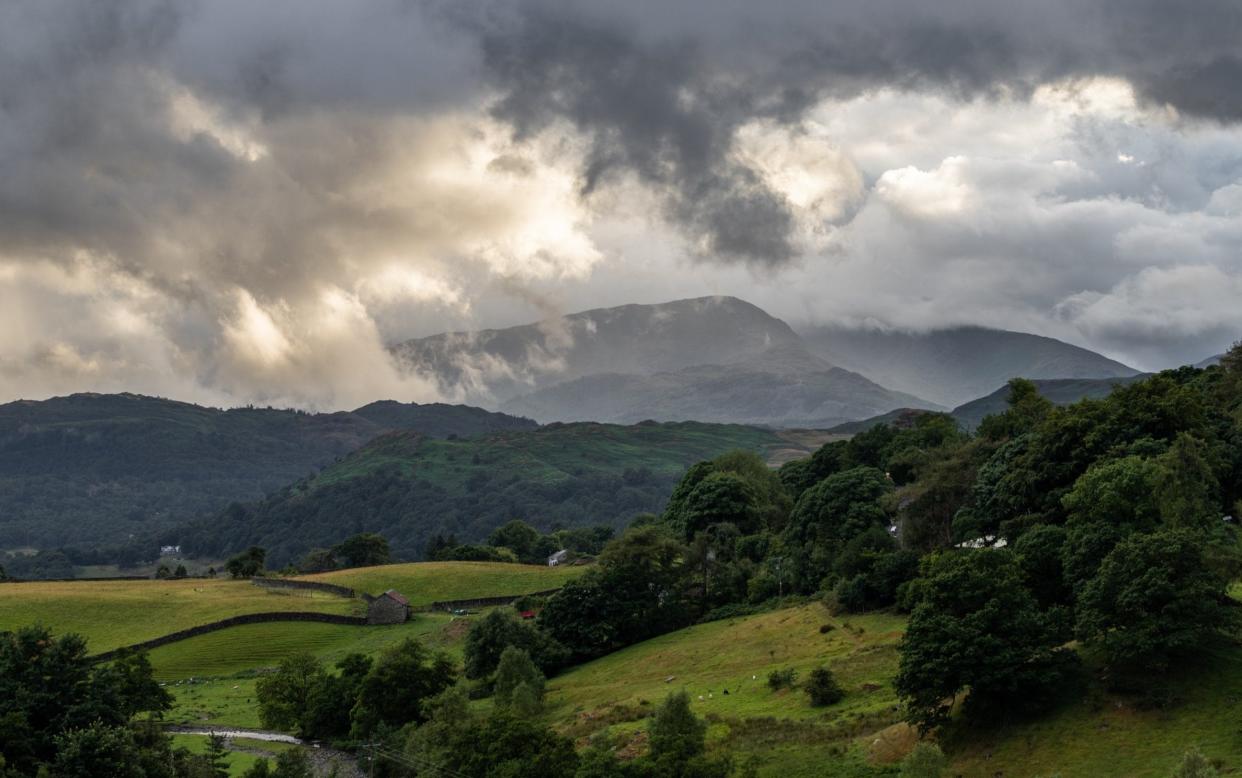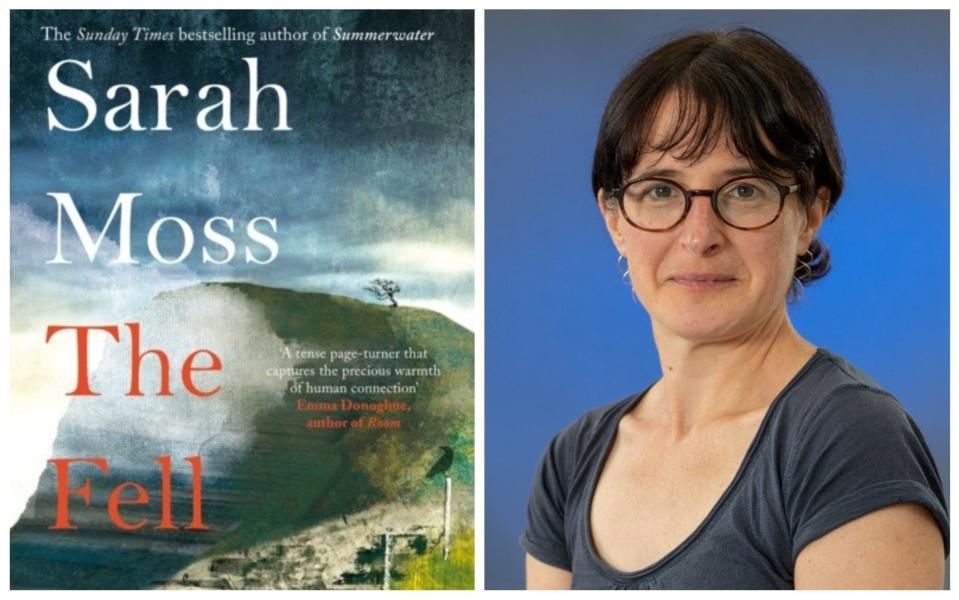The Fell by Sarah Moss review: near-flawless lockdown fiction from the queen of isolation

- Oops!Something went wrong.Please try again later.
It’s all very well doing the right thing to protect others, but what if the cost to one’s own sanity feels like just too high a price? In Sarah Moss’s new novel, The Fell, it’s November 2020, in the north of England, and Kate and her teenage son Matt are halfway through two weeks of self-isolation. While Matt is content to sit around playing computer games, Kate is climbing the walls, pacing up and down the garden like a caged animal. Late one afternoon, she finally snaps. She’s out the gate and walking up onto the nearby fell before she can change her mind.
“She couldn’t come within spitting distance of another person if she wanted to, out here,” she reassures herself, “and she won’t be long, just an hour before sunset, she’ll be back before Matt even knows she’s gone.” But darkness falls and she doesn’t return, and soon a full-on mountain rescue operation is under way.
One might argue that lockdown – in various shapes and forms – has long been Moss’s focus. In her 2009 debut, Cold Earth, six archaeologists arrive on a remote dig in Greenland just as a virulent flu-like virus sweeps the world. The Tidal Zone (2016), meanwhile, tells the story of a family whose brush with death cuts them off from ordinary life. The action of Ghost Wall (2018) unfolds within the small community of an Iron Age re-enactment camp, and the protagonists of Summerwater (2020) – seven families on holiday in Scotland – are trapped inside their cabins due to bad weather, twitching at the curtains and complaining about their neighbours.
Again and again, and always with steely precision, Moss has mined both the circumstances and the consequences of isolation. Thus she has more justification than most to turn to actual lockdown for inspiration, and – given her prowess as one of the very best British novelists writing today about contemporary life – if anyone can justify writing a pandemic novel this early on, she’s the woman for the job.
And, in many ways, The Fell is indeed flawless. Like Summerwater, it’s written in the close third person, taking us into the minds of the book’s four central characters. Internal and external worlds collide as we wind our way through memories, meandering trains of thought, and what gives the impression of running commentary in torturous, tension-filled real time. It’s a style Moss has made her own, and feels palpably true to life: bigger, broader anxieties rub up against small-scale domestic concerns. One minute, someone’s worrying about lengthy ambulance response times, the next they’re noticing that the oven gloves need a wash.

Joining Matt and Kate’s voices are those of their elderly neighbour, Alice – who, having “battled” cancer, is now shielding (“silly military metaphors”, she thinks) – and Rob, one of the team searching for Kate: “inside his hood there’s the noise of rain on waterproofs, the rasp of arms and legs in dense layers, the splash of boots through puddles”.
And again, as in Summerwater, Moss is especially good at voicing her characters’ foibles and frustrations. There’s a particular syntactical pivot – a protest followed by an almost apologetic backtrack – that’s swiftly becoming something of her trademark: “It’s infantilising, that’s what it is, having to have other people bring you food. Not that it isn’t probably good for her, to feel a bit policed,” thinks the sweet-toothed Alice. But unlike Summerwater – the characters of which are a blinkered, judgmental lot – The Fell ultimately preaches compassion and understanding, especially for those who make mistakes.
The Fell is accomplished, and I think it will stand the test of time – cracking open its spine 10 or 20 years from now will be like opening a time capsule. But here and now it perhaps feels a little too familiar; its tone so similar to Summerwater – in fact, it reads more like a coda than a novel in its own right. And, while both Summerwater and Ghost Wall worked so well because of the slightly oblique approach that Moss took when exploring the state-of-the-nation elements, there’s nothing implicit here, which, for some, will still feel a bit too close to home.
The Fell is published by Picador at £14.99. To order your copy for £12.99 call 0844 871 1514 or visit the Telegraph Bookshop

